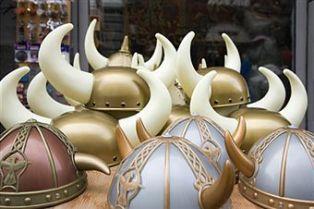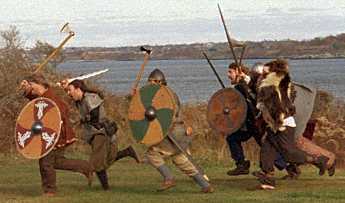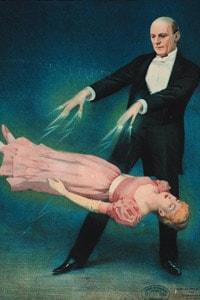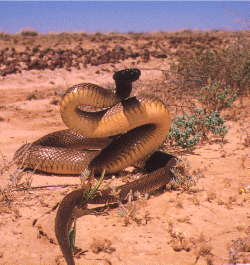6. وایکینگ ها

دانلود فایل صوتی آموزش انگلیسی
The Vikings
About a thousand years ago, people known as the Vikings were known and feared throughout Europe. The Vikings were the people of the northern part of Europe, called Scandinavia, which includes the modern countries of Denmark, Norway, and Sweden. The Vikings made their living by farming and fishing. However, by about the year 700, they began making attacks, or raids, upon towns along the coasts of Europe in order to steal the wealth of those towns.
The Vikings made their attacks very quickly and without any warning. They were very cruel to the people of the towns they attacked, and they sometimes destroyed the towns by burning down the buildings. In some parts of Europe, the local kings would often fight against the Vikings. Sometimes, however, the kings would pay the Vikings in order to persuade them not to attack.
Although the Vikings were known as fierce warriors, they also built excellent ships. The wooden Viking ships, called longboats, were able to sail even in very bad weather. Many Viking longboats were about 20 meters long, but some were nearly 90 meters long. The Viking sailors used both sails and oars to move their ships.
The Vikings traveled across a large area. They made many of their attacks in Britain, France, and Germany, but sometimes sailed south, into the Mediterranean Sea. Other Vikings moved to the east, and then south along the rivers of Russia. Some even went as far as the area that is now the country of Turkey. In some places, the Vikings decided to stay. Many Vikings settled in England and in France, and eventually they mixed with the local people. Other Vikings settled in Russia and also mixed with the people there.
The most famous travels of the Vikings were in the Atlantic Ocean. Vikings sailed westward to the island of Iceland where many of them stayed. Today, the people of Iceland are descended from the Vikings. Some Vikings sailed farther west to the cold island of Greenland. Vikings lived in Greenland for several generations, but eventually they died out. Some Vikings had gone even further west and reached the Canadian island of Newfoundland. The Vikings only stayed for a few years, but they had reached North America about 500 years before Christopher Columbus!
Gradually, the Vikings became converted to the Christian religion. They also stopped raiding the towns of Europe, and instead of fighting, they began trading with their neighbors. Today, the Scandinavian countries are known as very peace-loving nations.
-
7 – ویلیام شکسپیر
raid:

a short attack on a place by soldiers, planes, or ships, intended to cause damage but not take control
-a bombing raid
-an air raid warning siren
raid on/against
The colonel led a successful raid against a rebel base.
launch/carry out/stage a raid
*The army launched several cross-border raids last night.
persuade:

1
to make someone decide to do something, especially by giving them reasons why they should do it, or asking them many times to do it
persuade somebody to do something
*I finally managed to persuade her to go out for a drink with me.
persuade somebody into doing something
*Don’t let yourself be persuaded into buying things you don’t want.
try/manage/fail to persuade somebody
*I’m trying to persuade your dad to buy some shares.
attempt/effort to persuade somebody
*Leo wouldn’t agree, despite our efforts to persuade him.
little/a lot of/no persuading
*He took a lot of persuading to come out of retirement (=it was hard to persuade him) .
*He was fairly easily persuaded .
fierce:

a fierce person or animal is angry or ready to attack, and looks very frightening
-fierce guard dogs
-She turned round, looking fierce.
warrior:

a soldier or fighter who is brave and experienced – used about people in the past
*a noble warrior
sail:

a large piece of strong cloth fixed onto a boat, so that the wind will push the boat along
a yacht with white sails
hoist/lower the sails (=put the sails up or down)
westward:
towards the west
*The ship turned westward, away from the coast.
ᅳwestward adjective
westward flights
be descend from somebody/something
phrasal verb
be descended from somebody
to be related to a person or group who lived a long time ago
*She claims to be descended from Abraham Lincoln.
*The people here are descended from the Vikings.
die out
phrasal verb
to disappear or stop existing completely
*The wild population of koalas is in danger of dying out.
*some animals are in danger of dying out.
فهرست درس های سطح 3
.این متن در تاریخ 22 آبان 1401 توسط مشاور سلام زبان ویرایش شد.